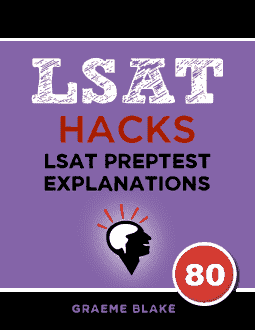QUESTION TEXT: Psychologist: In our study, participants who were…
QUESTION TYPE: Paradox
PARADOX: People would only pay $5 for a mug. But if they were given the same mug, they generally wanted more than $5 to sell it.
ANALYSIS: There seems to be a contradiction between people's willingness to buy and to sell. There's a psychological bias called loss aversion: we generally care more about losses than gains.
One of its effects is what we see in this paradox: people will sell things for more than they would have paid to buy them. This is often irrational, but it's a common human behavior. (It's not always irrational. For example, consider the time cost: it takes time both to buy and to sell a mug. So if you value your own time, you might reasonably pay less for a mug than you would sell it for.)
___________
- This is nice, but the stimulus didn't mention any assessment of inherent value. So this doesn't explain anything.
- In this case, the people were asked to sell the mug immediately after they got it. So they had no chance to “judge the value….possessed it…long period of time”.
- The participants were given the mug. It doesn't sound like the mug was sold in the past.
- CORRECT. This is a good description of loss aversion. If you don't own a mug, you won't pay much for it. If you do own a mug, then you'll need to be paid more money in order to sell it.
- This makes the situation more confusing. People were overvaluing the mug they were given.
Recap: The question begins with “Psychologist: In our study, participants who were”. It is a Paradox question. To practice more Paradox questions, have a look at the LSAT Questions by Type page.


Leave a Reply